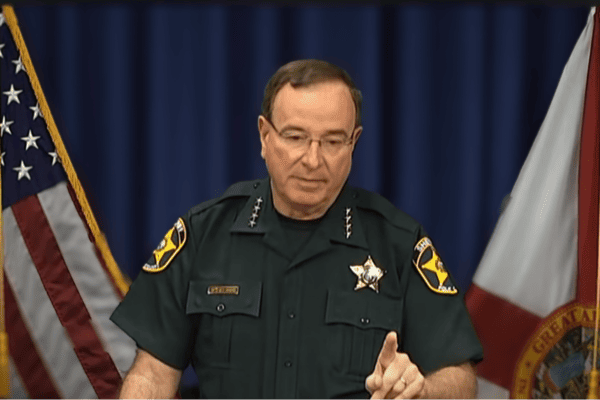Parents of unborn child could recover damages under proposed Florida ‘Wrongful Death’ bill
TALLAHASSEE, Fla. – A bill is working its way through the Florida Senate that would expand the state’s “Wrongful Death Act” to allow parents of an unborn child to recover certain damages.
The bill would allow parents of an unborn child to “recover civil damages for such unborn child’s death in the same way that other survivors may generally recover under the act,” according to the bill’s sponsor.
Sen. Erin Grall, R-Fort Pierce, is carrying SB 476, which has one more committee stop. A similar bill, HB 651, is being carried in the House by Rep. Jenna Persons-Mulicka, R-Fort Myers, and has one more committee stop.
The term “unborn child” is defined as “a member of the species Homo sapiens, at any stage of development, who is carried in the womb,” according to the bill’s analysis.
An amendment was passed during the Fiscal Policy committee stop that said “unborn child” has the same meaning as in the current criminal statute, s. 775.021(5)(e).
Grall said the amendment “merely directs us to the definition that is in the criminal statute.”
She said this “makes the most sense when we’re talking about a civil proceeding and how we would define an unborn child for purposes of being able to pursue civil damages to use the same definition that is in the criminal statute.”
Under the bill, the parents of the unborn child “will not be limited to the damages available under the common law cause of action for negligent stillbirth,” according to the bill’s analysis.
This includes any damages for “the parents’ mental pain and suffering related to the death and their future mental pain and suffering based on the life expectancy of the parents and the child.”
The bill’s analysis said the mother of an unborn child would not be liable in a wrongful death.
During debate, multiple lawmakers explained why they will not support the bill.
Sen. Linda Stewart, D-Orlando, said she believes the bill “will only lead to harmful litigation to those seeking reproductive health care.”
“I feel this bill additionally interferes with the clear message in the amendment we are awaiting a Supreme Court decision on and will only serve to further misconstrue information around legal abortion and I feel we just need to wait for the Floridians to vote,” Stewart said.
Florida passed a 15-week and six-week abortion ban over the past couple years, but the 15-week ban is pending a ruling from the Supreme Court of Florida. Additionally, the state recently heard oral arguments on a ballot initiative that would enshrine a constitutional right to abortion in Florida.
In closing, Grall said Florida “already [has] criminal penalties associated with unlawful abortions in Florida.”
“This is about the value of a life and that there is an economic value to life,” Grall said.
She said any abortion provider that provides a lawful abortion “could not be sued.”
“I just think we’ve taken this so far off track,” Grall said.
“This has been interpreted by our courts for many years and it’s rightfully putting the unborn child in this statute, because they have been eliminated and there is a very real loss that when someone else is responsible, they should pay for, as opposed to that loss being shifted, and the burden being shifted to the state or the taxpayer,” Grall said.
In response to the Senate Fiscal Policy committee meeting, Sen. Lauren Book, D-Davie, issued a statement.
Book called the bill “dangerous” and said it “opens the door for fetal personhood – legally designating a fetus as a person with rights, including the right to life, from the moment of conception.”
She said “fetal personhood diminishes the rights of women and mothers, putting abortion healthcare and reproductive medicine like IVF at risk.”
If passed, the bill will go into effect July 1.



